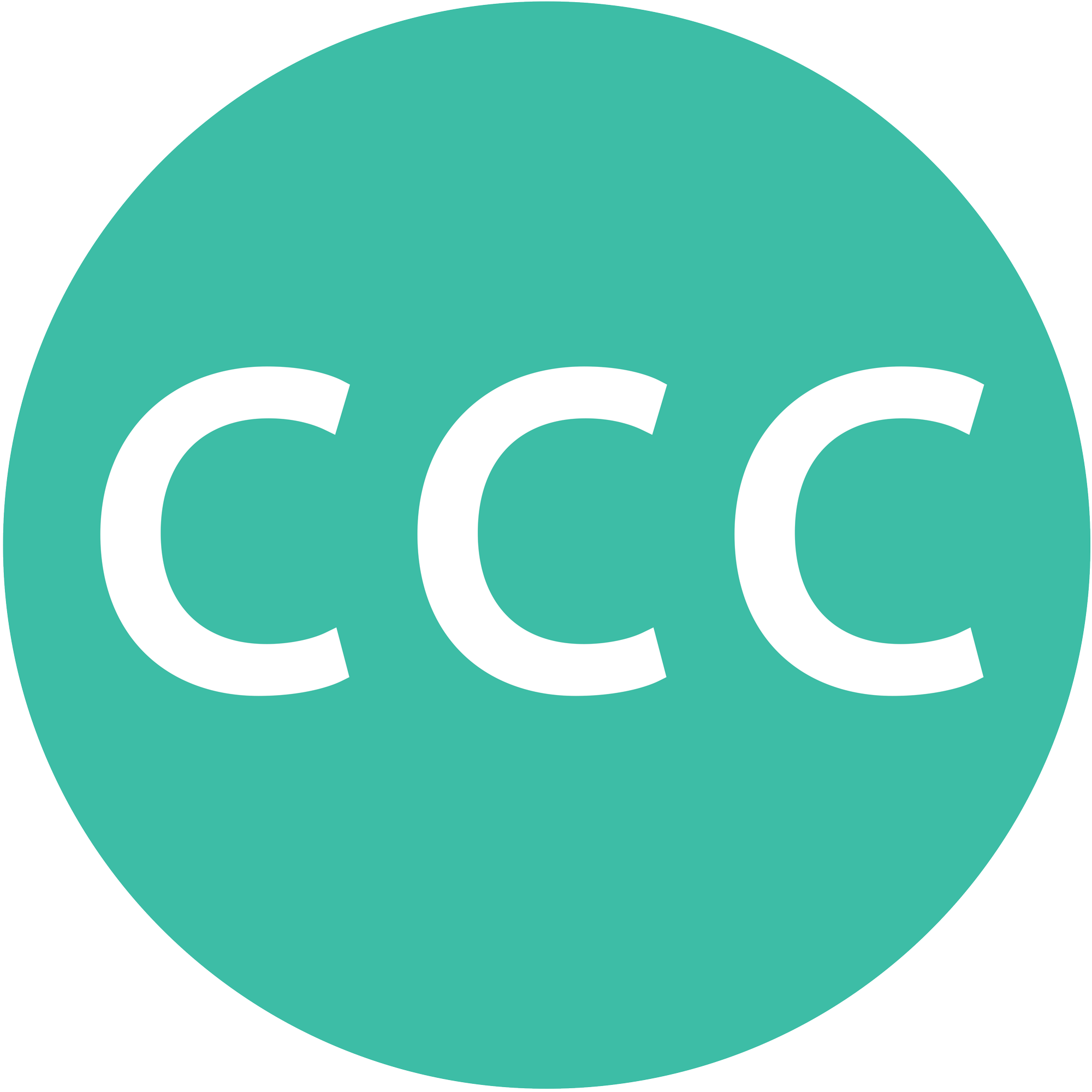It’s summertime, the livin’ is easy, and I have 50 CCC letters under my belt, making this a good time to look back and reflect a bit on our mission and these letters. All 50 are on our website under the original heading “A*Musings,” a title that was supposed to suggest that I’d inject a sense of humor into the case for a more responsible philanthropy, but I now see that the seriousness of the cause made that difficult. You could take four hours to read them all, or you can wait for the 6-part miniseries starring Stanley Tucci as Jeff Bezos, Sarah Silverman playing his ex-wife MacKenzie Scott, and of course, Brian Cox as Warren Buffett. Available on Musk TV in the Fall.
About 1000 people are sent these letters, almost half open them (fortunately the better half). I never receive more than 10 email responses, which suggests that nearly everyone agrees with me: ultra-rich foundations and individuals should be giving more to nonprofits and thus helping to establish new, higher charitable giving standards.
Two or three people unsubscribe each month, but for the first time a reader emailed me to explain why he was unsubscribing (very much appreciated). Specifically in response to my letter Code Name: Thunderbolt, which urges support for voter engagement and protection, he felt that I should be more specific about which nonprofits to support. Sure, we could have mentioned Movement Voter Project, Working America, PushBlack, Way to Rise, America Votes, State Voices, Trusted Election Fund, to name just a few, but we won’t. While we have tracked giving by CCC signers for democracy and racial justice– we trust that our readers will give to worthy causes and believe our role is to take on the lonely task of just getting philanthropists to think about digging deeper into their very deep pockets.
Is there really a question about the need for greater funding of nonprofits? Other than perhaps Harvard or the Federalist Society, can anyone name a nonprofit that is over-funded? The United States still has close to thirty million people without health insurance. Disasters have become commonplace, but there is insufficient funding to either ameliorate the tragedies or, better yet, prevent them. “Two million Americans live without basic access to safe drinking water and sanitation,” according to Dig Deep and the US Water Alliance, and an additional 44 million receive water from unsafe systems. Excessive wealth may be a disorder that threatens our democracy and our environment, but is there any philanthropic funding addressing this problem?
Last week we were reminded that the election season is underway, and how fragile our democracy is. The night before the former–and possibly future– President of the United States was having his mug shot taken, six of eight candidates in the Republican Presidential debate declared that they would support his candidacy even if he were a convicted felon. Convicted! Protecting democracy and the electoral process are critical needs, yet, as Peter Martin, Executive Director of Tides Foundation and Advisory Council member of the Healthy Democracy Fund, told me, “movement leaders have shared with us that 2023 has been the most difficult fundraising year for their organizations and the broader civic engagement ecosystem in the past 5 years – and potentially even the worst in their careers. Many organizations are laying off staff and cutting budgets.”
What many people think of as tax deductions, policy experts refer to as tax expenditures. The federal government is paying for certain behaviors, like giving to charity. According to the latest statistics available from the IRS, in 2020 the Treasury, ordinary taxpayers, paid those with incomes in excess of $1 million an estimated $30 billion (an amount equal to the total spent for medical research by the NIH that year) to make charitable contributions of 90-plus billion dollars! For those with incomes of $10 million or more, the cost to the public was $20 billion. How can we justify paying folks with incomes of $10 million so much in public dollars to “incentivize” them to be charitable, especially when middle class taxpayers who don’t itemize their deductions get no Treasury subsidy for their charity? And to make matters worse, the ultra-rich donors are also likely avoiding capital gains, estate, and state income taxes.
As I’ve suggested in many of my previous letters, the case to increase giving by ultra-rich foundations may be even greater than for individuals, because in the case of foundations they’ve already been paid by the Treasury to make charitable contributions. Yet, the largest foundations seek to hoard and watch their assets grow while nonprofits see very little of it and struggle to meet current crises. Whereas for individuals increased giving is the reasonable and responsible thing to do, for foundations it should rise to an obligation and be required by law.
The Crisis Charitable Commitment is in its fourth year. Our theory of change is to lift up individual philanthropists and foundation leaders who have met CCC’s higher charitable giving standards, thereby influencing their peers to do the same. In this way we can immediately and more adequately address the multiple crises we continue to face. And while we can’t offer new signers a huge charitable deduction, we will give them a CCC baseball cap for stepping up to the plate!
